On April 19th, Chinese leader Xi Jinping and Central Military Commission (CMC) Vice Chairman He Weidong presided over the founding meeting of the People’s Liberation Army’s (PLA) Information Support Force (ISF) in Beijing. CMC members Liu Zhenli, Maio Hua, and Zhang Shengmin also attended the meeting, along with delegations and representatives from various units under the CMC, the PLA, the People’s Armed Police (PAP), and civilian representatives. The Central Military Commission (CMC) held the meeting for the establishment of the ISF, the newest arm of the PLA, and the abolishment of the Strategic Support Force (SSF). Xi awarded the ISF’s military flag to its Commanding General (CG), Bi Yi, and its Political Commissar (PC), Li Wei.
Creation of the New Information Support Force
The meeting was held in the PLA’s headquarters, the Bayi Building, and began with the playing of China’s national anthem. After the anthem, a short flag presentation ceremony took place, with a PLA honor guard presenting the military flag to Xi, who then awarded the flag to the CG and the PC. Li, the CMC members, PLA officers, and soldiers then saluted the flag as Bi held it aloft.
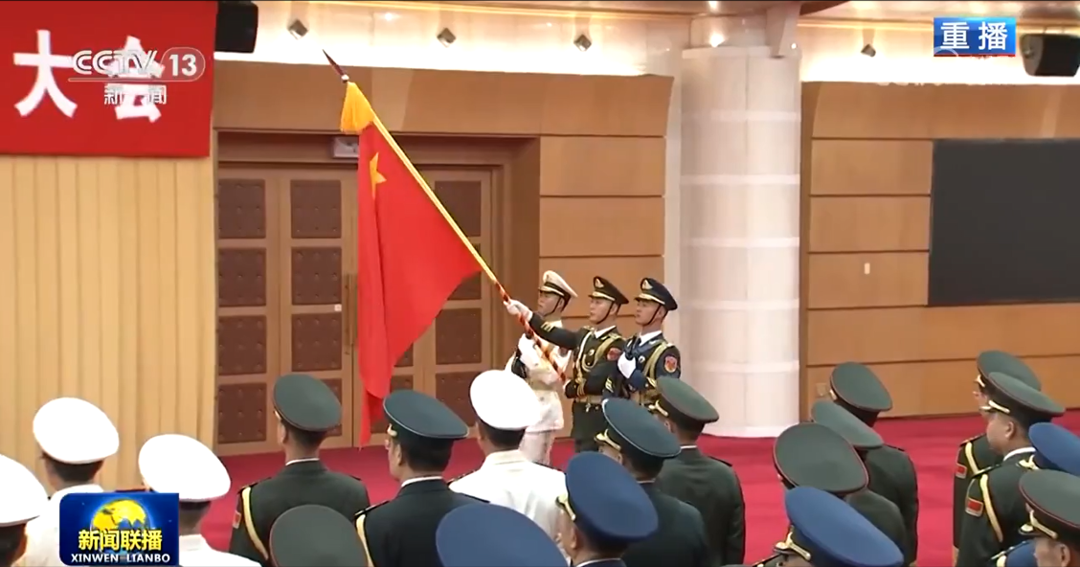
Xi then gave a speech to the audience after the ceremony. He first pointed out that the “adjustment and formation” of the ISF was a major decision made by both the Chinese Communist Party’s (CCP) Central Committee and the CMC based on the “overall situation of strengthening the military.” The ISF’s creation was “a strategic initiative to build a new military service structural layout and improve the modern military force system with Chinese characteristics,” which has “a great and far-reaching significance in accelerating the modernization of the national defense and the military.” The creation will also effectively fulfill and modernize the mission and tasks of the People’s Army in the New Era, which have great and far-reaching significance.
He then emphasized that the ISF is a “newly created strategic military force and a key support for coordinating the construction and application of integrated network information systems.” Furthermore, the force will have an important role and great responsibilities in promoting high quality development of the PLA and winning modern wars. Xi urged that the PLA “must resolutely list to the Party’s command, comprehensively implement the fundamental principles and systems of the Party’s absolute leadership over the military.” He also urged that the PLA must comprehensively strengthen the Party’s building of the troops, strengthen their ideals and beliefs, strictly enforce discipline and rules, promote good work styles, and ensure the absolute loyalty, purity, and reliability of the military.
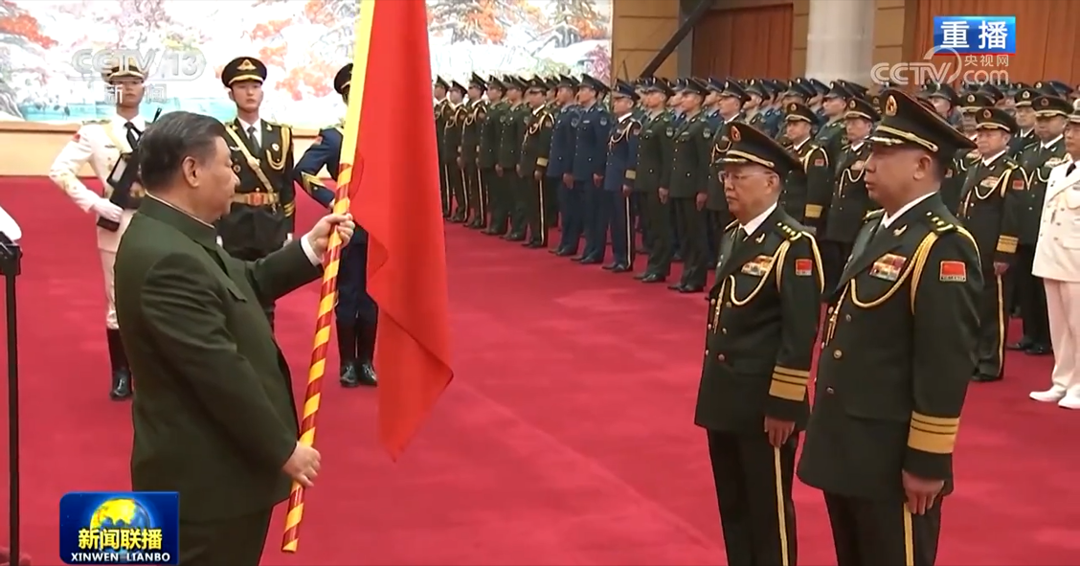
The ISF creation is necessary to “strongly support combat operations, adhere to information-led, joint victory, smooth information links, integrate information resources, strengthen information protection, deepen integration into the military’s joint operations system, accurately and efficiently implement information support, and serve to support military struggles in all directions and areas. Xi then said the ISF is necessary to accelerate development and innovation, adhere to the fundamental pull of operational needs, strengthen system integration, promote joint construction and sharing, enhance scientific and technological innovation, and build a network information system that “meets the requirements of modern warfare.”
He then said the arm will have the characteristics of our military and promote the accelerated improvement of the system’s combat capabilities in high quality. The ISF is also necessary to consolidate the PLA’s foundation, implement the requirements for comprehensive and strict military management, strictly manage the military’s education, maintain formal order, and stimulate motivation and vitality. The arm is also necessary to comprehensively forge excellent grassroots, ensure a high degree of centralized unity, security, and stability of the army, strive to create a new situation in building the army, and resolutely complete the tasks entrusted by the CCP and the people.
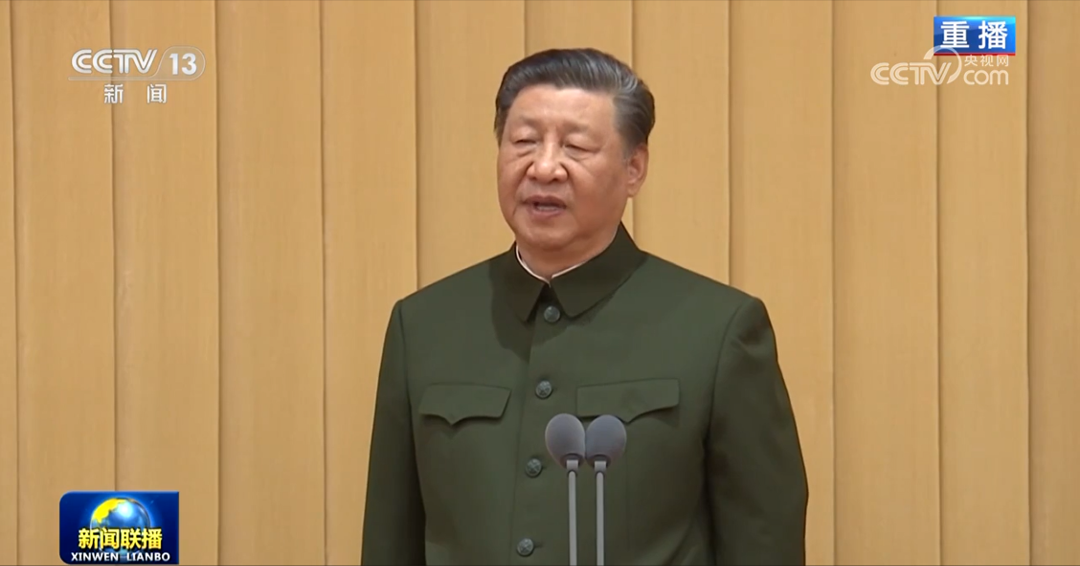
The arm’s PC, Li Wei, also spoke on behalf of the ISF, saying that the arm must “resolutely implement Chairman Xi’s important instructions, and resolutely obey the commands of the Party Central Committee, the CMC, and Chairman Xi.” Li then said that the ISF will focus on preparing for war, faithfully perform our duties, and never let down the trust of the CCP and the people.
CCP Central Committee Politburo member and CMC Vice Chairman Zhang Youxia read out the CMC’s order on the ISF’s creation, the order on Bi’s and Li’s appointment as the arm’s CG and the PC, and the CCP’s composition notice. The CMC decided that the ISF would be “directly commanded” by the commission and abolished the SSF. The leadership and management relationships of the PLA’s Space Force and the Cyberspace Force will be adjusted accordingly.
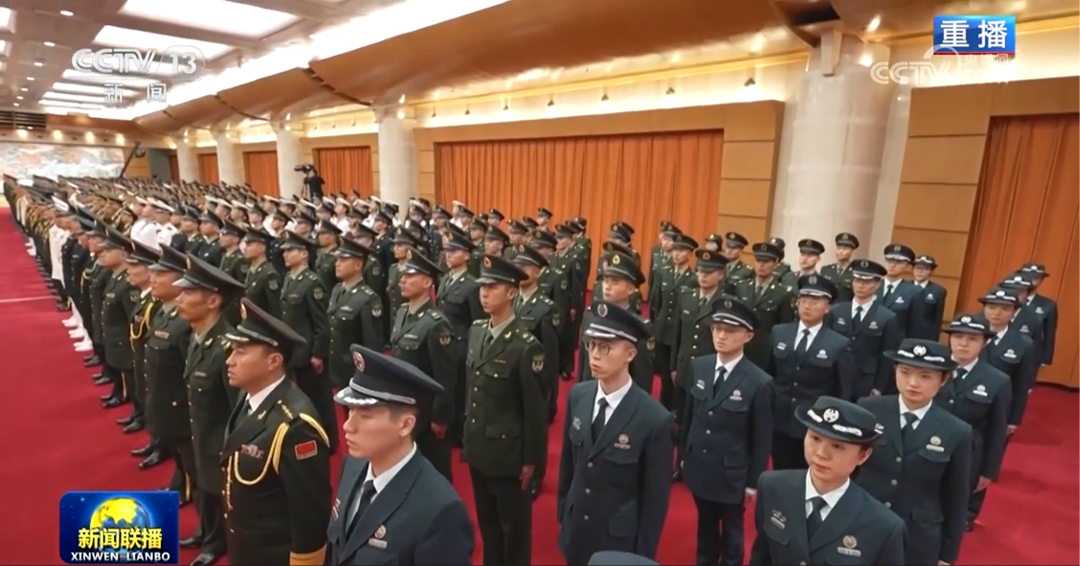
Ministry of National Defense (MND) spokesperson, Senior Colonel Wu Qian, also held a press conference on April 19th to answer four questions about the ISF’s creation. The first question Wu answered was, “the conference inaugurates the Information Support Force. What kind of force is it?” Wu stated the same comments that Xi made in his speech at the ISF founding meeting to answer the first question. He then answered the second question, “Following up on your answer to the last question, please give us more details about “establishing a new system of services and arms.” Wu pointed out that after this reform [the creation of the ISF], the PLA formed a “new type of services and arms” under the CMC’s leadership. He then said that the PLA now has four services: the army, the air force, the navy, and the rocket force, as well as four arms: the cyberspace force, the ISF, the Joint Logistics Support Force (JLSF), and the military space force. The CMC will continue to improve the PLA’s modern military force structure with Chinese characteristics as the situation and tasks evolve.
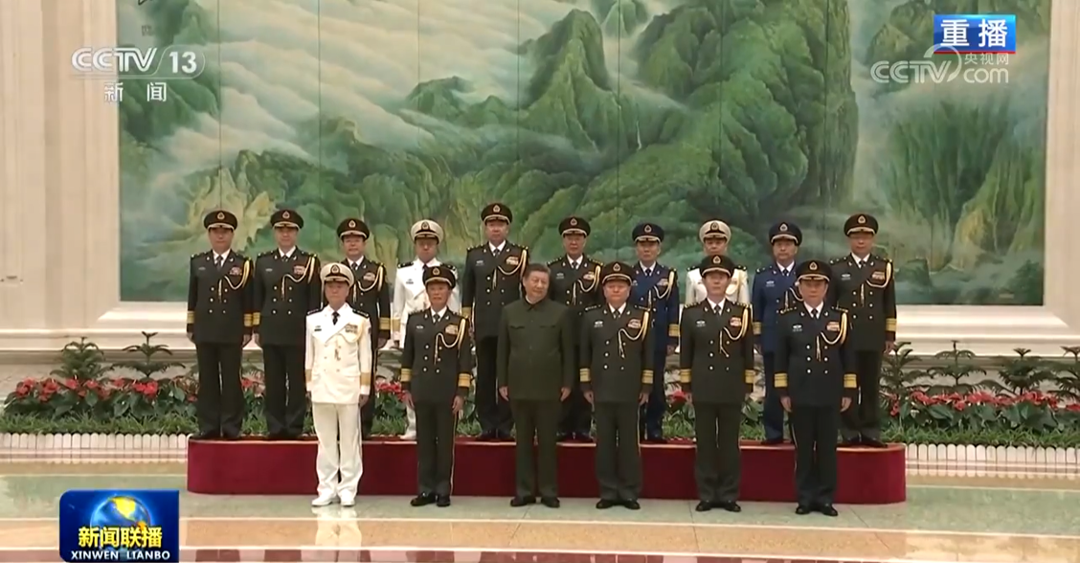
The final question that Wu answered was, “what tasks does the cyberspace force undertake? Does it mean that we will promote the militarization of cyberspace?” He pointed out that “cybersecurity is a global challenge and a serious security threat facing China.” China’s promotion of the construction of cyberspace forces and “vigorously developing network security defense methods are of great significance to building the country’s cyber border defense.” The development will also increase China’s ability to detect and resist cyber intrusions in a timely manner, defending the country’s cyber sovereignty and information security. Wu said that China is “actively advocating the creation of a peaceful, secure, open and cooperative cyberspace” and is committed to working with the international community to build a cyber community of destiny.
ISF Commander and Commissar
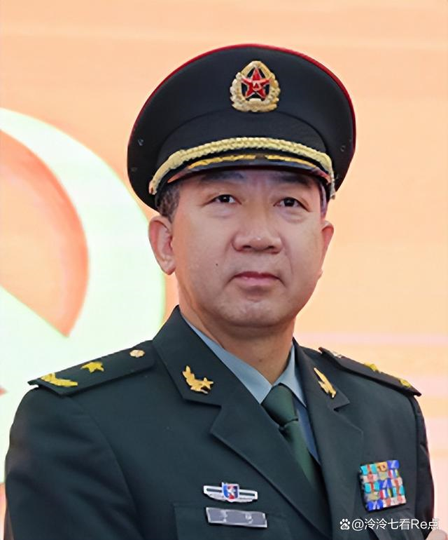
The CG of the ISF, Lt. General Bi Yi, served most of his career in China’s Liaoning province and northeastern region. During Bi’s early career, he served as a commander of a motorized infantry brigade in the pre-reforms Shenyang Military Region (SMR). He then served as the Director for SMR’s Headquarters Military Training and Arms Department and then chief of staff for the now disbanded 40th Group Army. In 2017, Bi served as Deputy Commander for the Harbin-based 78th Group Army, located in Heilongjiang province. He was then appointed as the Hunan Provincial Military Region’s Commander, which he served for three years. In 2021, Bi was appointed as the Deputy Minister for the CMC’s Training Management Department. He led the PLA’s delegation during the Korla section of the 2022 International Military Games, where he presided over the opening ceremony with the rank of Lt. General. Bi was then transferred to the SSF, where he was appointed as its deputy commander in July 2023, where he served until he was appointed the ISF’s CG.
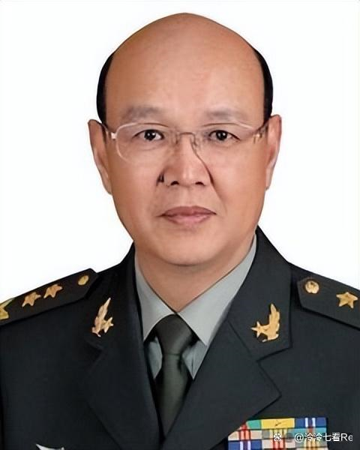
General Li Wei, the ISF’s PC, served most of his career in the western part of the country, specifically in Xinjiang. Early in his career, Li served as the Langzhou Military Region (LMR) Political Department’s Director of the Cadre Department. Li was the 47th Group Army Political Department’s Director until he was appointed as the unit’s Deputy PC in 2010. He then served as the PC for the Southern Xinjiang Military Region and the 21st Army Group in 2012 and 2013, respectively. In 2014, Li was promoted to the position of Party Committee Secretary and PC for the Xinjiang Military Region, where he would serve until 2018. However, he also became a member of the Xinjiang Uyghur Autonomous Region Party Committee’s Standing Committee from 2015 to 2016.
Li was elected to be a representative for the PLA and PAP delegation for the 19th National Party Congress (NPC) in 2017. In 2018, Li was re-elected to become a member of the Xinjiang Uyghur Autonomous Region Party Committee’s Standing Committee and the Party Committee Secretary and the PC for the Xinjiang Military Region. Li would hold these positions for approximately two years before he was selected as the PC for the SSF in 2020. Li was again elected to be a representative for the PLA and PAP delegation for the 20th NPC in 2023 and is a member of the 20th CCP Central Committee.
Analysis
The establishment of the ISF indicates that the CMC likely felt that the SSF was no longer able to fulfill the PLA’s operational requirements for various reasons. The most significant reason is how the SSF likely was unable to provide the level of information and network security support to the PLA that the CMC deems necessary. The SSF was responsible for overseeing not only the information security/warfare domain but cyberwarfare, psychological warfare, and space warfare domains as well. The branch likely had too many operational responsibilities that prevented it from providing the required attention and oversight to the information security/warfare domain.
Furthermore, this lack of adequate oversight would also explain why the CMC chose to create a cyberspace force and a military space force. Creating three separate arms would enable the three arms’ leadership to solely focus on that specific domain instead of splitting attention to other domains. Furthermore, dividing the SSF into three arms would also allow each to have their own specified budget that would be used only for research and development projects or to purchase equipment related to their specific domain. For example, the ISF would now have a budget devoted to only its requirements and not the cyberspace or space domains like those found in the SSF.
Another reason is how the SSF likely did not solve the issues related to coordination issues and stovepiping of intelligence that originally led to the SSF’s creation in 2015. The coordination issues seen in the former CMC General Staff Department likely did not go away after the SSF’s creation but intensified due to the departments now directly competing with each other for funding and other resources. Furthermore, the coordination issues also extended to rivalries that would exist between the department’s leadership and their powerbases. These rivalries would have caused significant issues, such as fighting over budgets and resources, that would prevent the SSF from effectively meeting its goals as outlined by Xi.
The stovepiping of intelligence likely continued to exist even after the creation of the SSF since the departments would view intelligence as a useful tool in competing with other departments over funding and resources. Stovepiping also likely contributed to coordination issues since the departments would be incentivized to withhold intelligence if they thought they would lose any advantages by doing so. Furthermore, the stovepiping of intelligence between the departments also prevented the SSF from supporting the informationized, joint operations by preventing the sharing of intelligence in a timely manner.
The creation of the ISF also indicates that the CMC desires to increase the PLA’s emphasis on joint operations by breaking up the SSF into its individual components and making them similar to the JLSF. The reason why is the CMC’s continued emphasis on joint operations as the way the PLA will conduct any military operations in the future. However, the CMC saw the SSF’s shortcomings as preventing the branch from supporting the PLA’s efforts to increase its ability to conduct joint operations. The CMC likely judged the SSF’s organization as inadequate since it did not solve the various issues that led to its creation.
Furthermore, the CMC likely judged that the ISF, cyberspace force, and space force would benefit from being reorganized in a similar manner as the JLSF since they would better leverage aspects of the military-civil fusion. For example, the ISF would allow for increased research and development into information and network security through increased efforts by Chinese firms, universities, and the PLA. The ISF would also enable the PLA to increase its ability to promote high quality development to win modern wars, as outlined by Xi in his speech.
The reason why Bi Yi and Li Wei were selected to become the ISF’s CG and PC is likely due to their backgrounds and having Xi’s trust. Xi likely chose Bi due to his background in training management as the director of the SMR’s military training department and as Deputy Minister for the CMC’s Training Management Department. The training management positions Bi held likely allowed him to gain significant insight regarding how the PLA would benefit from increased information and network security. Furthermore, his insight would also include the deficiencies that existed in the SSF due to his time as the SSF’s Deputy Commander. However, Bi was also chosen due to his having some connection with Xi or his powerbase, which led to his selection as the ISF CG.
Li was chosen to become the ISF’s PC because of his time holding various Party and commissar positions in the Xinjiang region. Li held the PC and Party Secretary positions for the Xinjiang Military Region and was a member of the Xinjiang Uyghur Autonomous Region Party Committee Standing Committee for approximately six years. He likely gained Xi’s trust since he enacted and participated in the CCP’s objectives for the persecution of the region’s Uyghur and other Turkic minorities since 2015. Furthermore, Li’s role in the Uyghur Genocide also allowed him to be viewed as ideologically and politically reliable from Xi’s view, which led to his selection as the ISF’s PC. Furthermore, his selection as representative for the PLA and PAP delegations for both the 19th and 20th NPCs also played a role in his selection. He was likely considered a senior representative of the delegation, which gave him additional chances to interact with Xi and his powerbase during the congresses.


